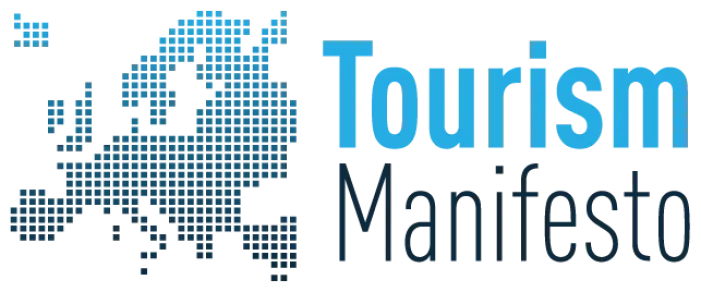European Tourism Manifesto: European Travel and Tourism sector fears new online payment rules will undermine recovery and disrupt holidays in 2021
Updated on 2nd July to reflect the hotel occupancy rates in May 2020 only instead of year to date.
The European Tourism Manifesto alliance1, the voice of the European travel and tourism sector, has issued the following statement on the Strong Customer Authentication requirements.
As the travel and tourism sector struggles to get back on its feet following the devastating effect of the COVID-19 crisis, new EU rules on online payments are threatening to cause further turmoil for the sector, travellers and holidaymakers next year.
As a crucial measure to support the European travel and tourism sector facing an unprecedented crisis, we urge the European Commission to allow the industry a one-year deferral of the deadline to implement these new requirements, currently set for 31 December 2020.
Travel and tourism businesses are struggling to cope with upcoming requirements on Strong Customer Authentication (SCA) rules for online payments. Businesses in the sector currently face imminent liquidity shortages, with little to no income while fixed costs are still running. A telling example is in the hotel sector, which has witnessed unprecedented difficulties this year, with occupancy rates at 13.3% per cent in May 2020, which accounts for an 82% decrease compared to the same month last year2 - an all-time low. Hotels, many of which are SMEs and family-run businesses, will need to fundamentally change their websites to capture the second tier of authentication required by the SCA rules. Most are focusing on surviving the current crisis and will be unable to handle the burdensome requirements necessary in adapting payment systems and websites by the end of the year.
A spike in declined transactions will add fuel to the fire. Estimates by Vendorcom suggest the lack of readiness could result in as much as 25-30% of transactions being declined3. This represents a significant loss of revenue that merchants can ill-afford at this time and will also disrupt consumers’ ability to complete their purchases online.
The number of intermediaries involved and the wide range of payment use cases that have to be supported for travel and tourism businesses exacerbate the challenge of meeting the looming deadline to comply with SCA requirements for online payments. For example, the management of hotel websites is often a complex process that the hotel may not have full control over, with multiple payment flows, franchises, and booking engines that need to be accounted for.
Along with this, the increase of declined card transactions will require staff to answer questions, chase down unpaid bills and deal with the impacted consumer experience that any added friction will create.
SCA requirements have been established by the second EU Payment Services Directive to make it easier and safer to use internet payment services and better protect consumers against fraud, abuse, and payment problems. While the European Tourism Manifesto alliance commends these objectives, it is important to underline that a rushed transition to the new system will lead to a multitude of payment problems in 2021.
END
Note to editors
The European Tourism Manifesto alliance gathers more than 60 European public and private organisations, covering the whole tourism value chain and beyond. The alliance calls on the European Union for action on key policy priorities for the tourism sector. For more information, please visit tourismmanifesto.eu.
